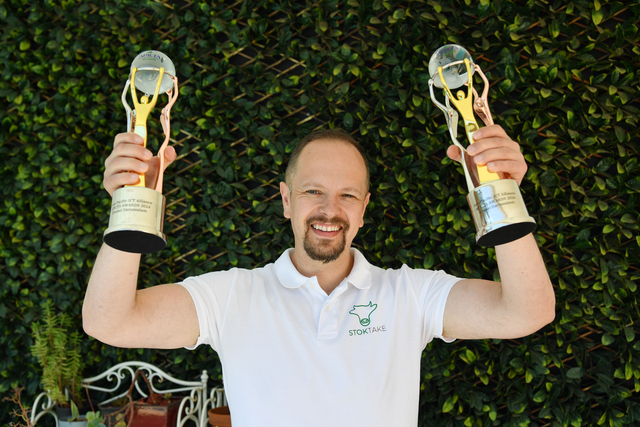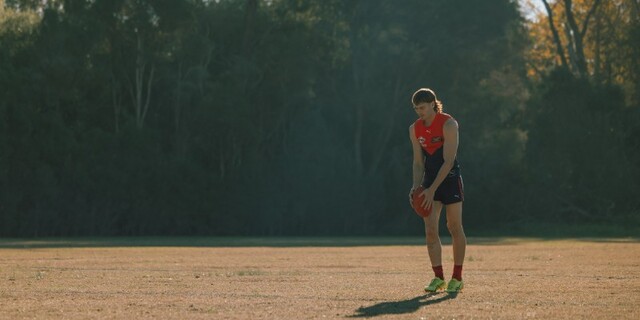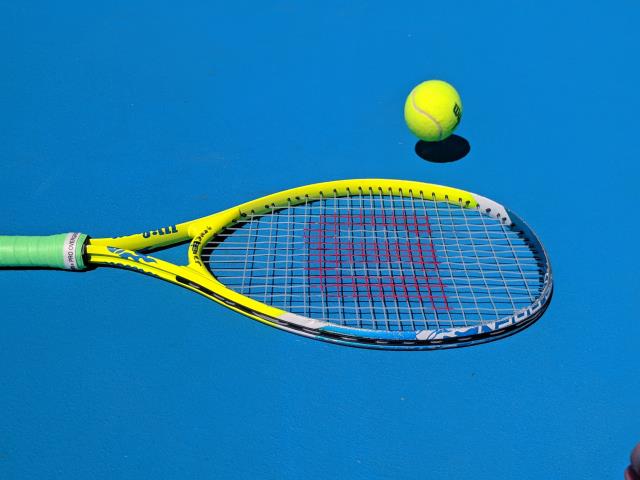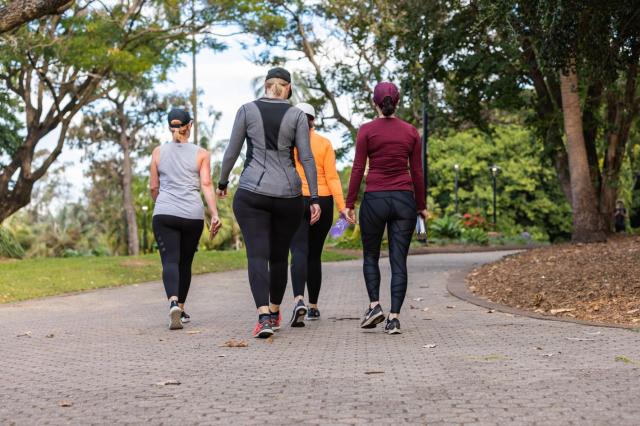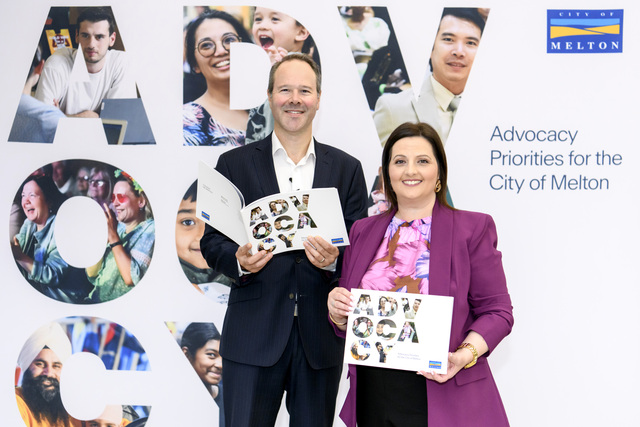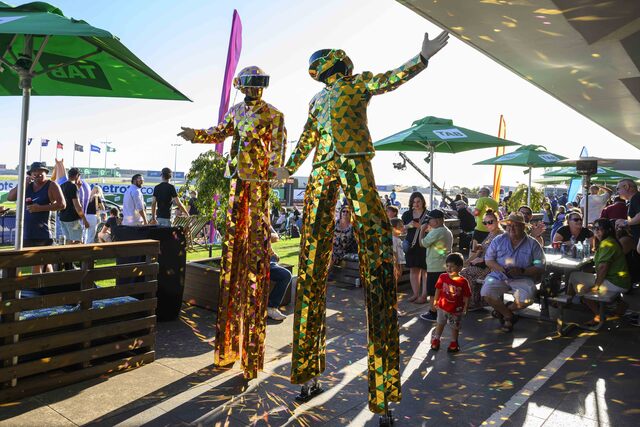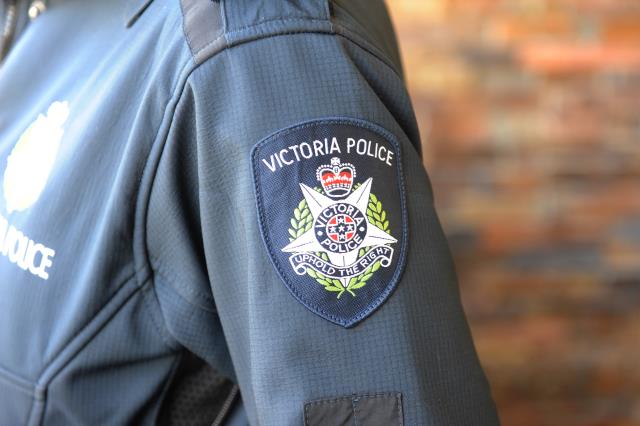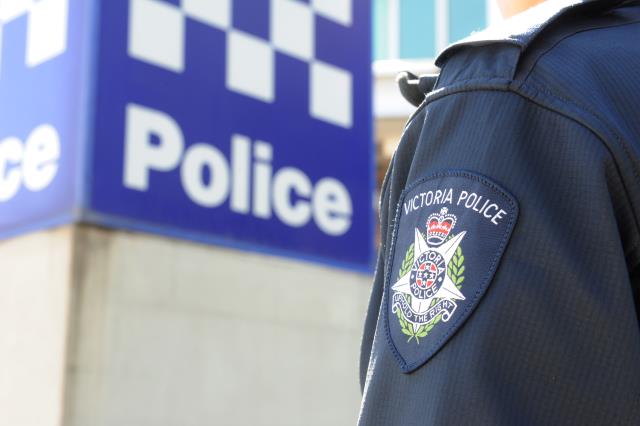Human fingerprints are unique, and biometric identification is one of the most widely used types. But what if the same concept was applied to cows?
Stoktake, an agriculture start-up in Melton, uses facial recognition technology on cows through the prints of their noses.
This technology earned Stoktake the Start-up of the Year Award and the Industry Award for Agriculture Supply and Sustainability at the Asia Pacific ICT Awards in Brunei.
Dr Phillip Zada, who founded Stocktake, said he didn’t expect the win.
“It’s definitely a team win,” he said.
“This is an effort of the two years of us to come from a small start-up, and literally got against the brightest minds.
“I even had one of the judges come up to me after the award was handed out and say, ‘After you left the room, we all decided unanimously, you’ve won’.”
Dr Zada said the technology uses the muzzle print on cows to identify them, and is as close enough as it is to a human fingerprint in terms of uniqueness.
He said the technology’s accuracy is at 99.65 per cent.
“Traceability is a big problem with livestock, especially with theft,” he said.
“These cows are getting stolen with fraudulent activities because of the current method.”
The most common method of livestock identification is ear tags.
“The problem with ear tags is they’re just a piece of plastic that can get taken off and swapped out,” Dr Zada said.
“What this tech allows you to do is when the cow is six months old, you register them in the system and you’ve got a digital record of that cow that sits in the cloud that can effectively track them through its whole life.”
This also includes tracking them from sales to abattoirs, to the export market.
Dr Zada said the problem they are trying to solve is the loss of records.
“What happens is farmers usually have the records and their own system, and in most cases, it’s a paper and pen,” he said.
“When the cow leaves the farm, some of those records are lost, then you could get to the point where you don’t know where the cow comes from, what vaccinations it had.”
Dr Zada said Melton, where Stoktake is based, is a prime location to become an agri-tech hub of Australia.
“We’re both suburban and regional,” he said.
“We can be a hub for this awesome technology that not only helps shape Australian agriculture but can actually do it on a global stage.”

